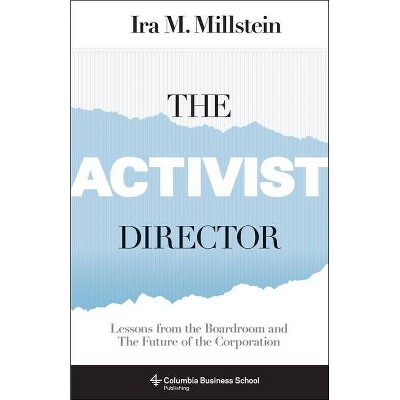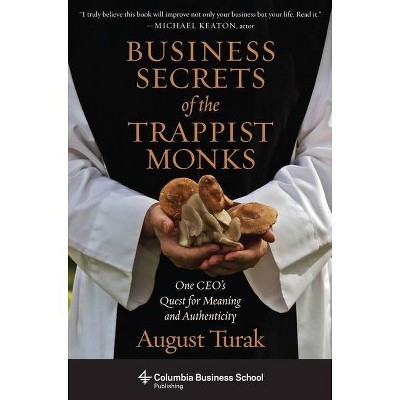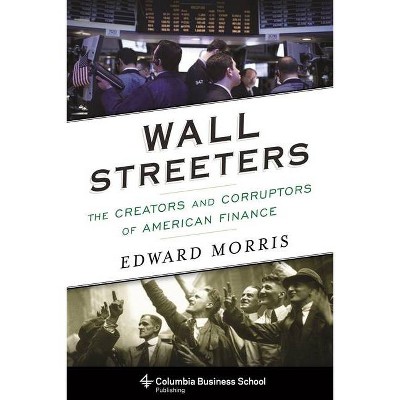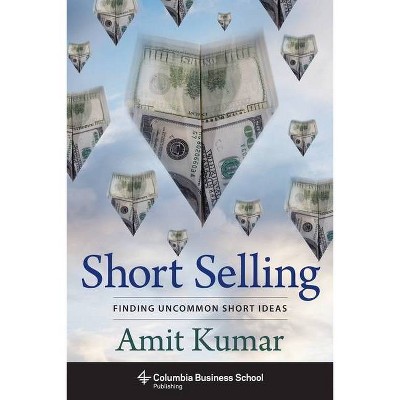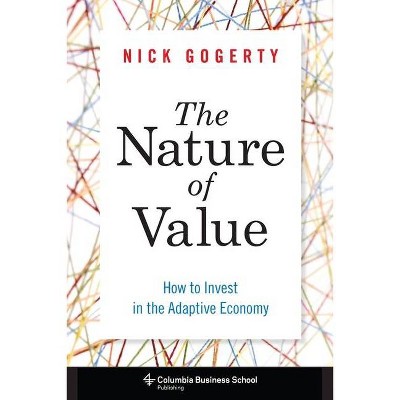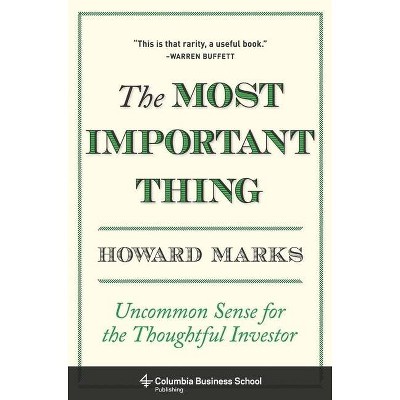The World's First Stock Exchange - (Columbia Business School Publishing) by Lodewijk Petram (Hardcover)
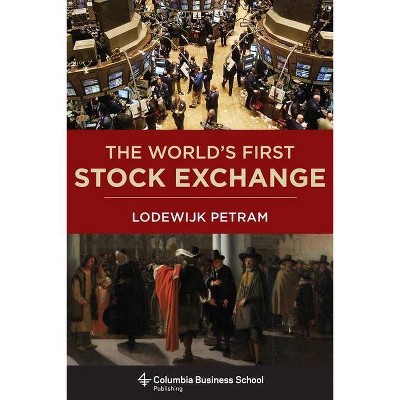
Similar Products
Products of same category from the store
AllProduct info
<p/><br></br><p><b> About the Book </b></p></br></br>Translation of the author's De bakermat van de beurs.<p/><br></br><p><b> Book Synopsis </b></p></br></br>The launch of the Dutch East India Company in 1602 initiated Amsterdam's transformation from a regional market town into a dominant financial center. The Company introduced easily transferable shares, and within days buyers had begun to trade them. Soon the public was engaging in a variety of complex transactions, including forwards, futures, options, and bear raids, and by 1680 the techniques deployed in the Amsterdam market were as sophisticated as any we practice today. <p/>Lodewijk Petram's eye-opening history demystifies financial instruments by linking today's products to yesterday's innovations, tying the market's operation to the behavior of individuals and the workings of the world around them. Traveling back to seventeenth-century Amsterdam, Petram visits the harbor and other places where merchants met to strike deals. He bears witness to the goings-on at a notary's office and sits in on the consequential proceedings of a courtroom. He describes in detail the main players, investors, shady characters, speculators, and domestic servants and other ordinary folk, who all played a role in the development of the market and its crises. His history clarifies concerns that investors still struggle with today, such as fraud, the value of information, trust and the place of honor, managing diverging expectations, and balancing risk, and does so in a way that is vivid, relatable, and critical to understanding our contemporary financial predicament.<p/><br></br><p><b> Review Quotes </b></p></br></br><br>Anyone with a modicum of interest in financial history will likely enjoy reading this book.--The Historian<br><br>... In its focus on the 17th century Dutch stock market, this book gives a fascinating look at a remarkable episode in financial history.--Financial History<br><br>... Petram does a fine job of bringing history to life and showing its relevance to modern financial crisis. Recommended for readers interested in the origins of the stock market.--Library Journal<br><br>Fascinating.--Finance Professionals Post<br><br>This is an extremely accessible and clear description of a fascinating topic. Lodewijk Petram writes with the general reader in mind and carefully conveys the intricate details of the issues addressed in an admirably lucid way. It is one of the best explanations I have seen of various aspects of securities trading that are still relevant today.--Ailsa Röell, professor of international and public affairs, Columbia University<br><br>A fascinating book... I can recommend unequivocally to anyone with even a modicum of interest in the history of financial markets.--Brenda Jubin "Investing.com "<br><br>Petram's book is a very good example of that rare specimen, a financial history book for a popular audience. The reader gets a very good feeling of atmosphere, of time and place, and of the specific society that gave rise to our contemporary financial structure.--Joost Jonker, NEHA Professor of Business History, University of Amsterdam<br><br>Petram's informed and lively account of Amsterdam's 17th-century securities market demonstrates that when it comes to investing and speculating we have not progressed much in four centuries. Although a company's dividend may sometimes have been paid in East Indian spices as well as cash, in most respects Dutch financial markets were surprisingly modern, with not just shares and bonds, but also forward contracts, derivatives, even repo financing with haircuts. And, of course, the Dutch experienced frauds, bankruptcies, crises, and corporate governance problems. While modern Wall Street may have succeeded Amsterdam as the leading market, what goes on there is hardly new.--Richard Sylla, New York University Stern School of Business<br><br>The inventions of shares of stock and of a stock exchange are arguably as formative to the development of the world we live in as the discovery of the telescope or of the laws of motion. And those financial innovations were born in Amsterdam. Lodewijk Petram takes us back to 1602, when it all began, and shows how the major elements of the financial life of our time came into being. A clear and vital book.--Russell Shorto, author of <i>Amsterdam: A History of the World's Most Liberal City</i><br><br>This book is a wonderfully textured account of the rise of stock trading in seventeenth-century Amsterdam. It is replete with the personalities, circumstances, wisdom, and folly of the men who fashioned from nothing our modern world of derivatives, repos, and naked short selling. It can be read for pleasure as well as instruction.--Gregory Clark, University of California, Davis, and author of <i>The Son Also Rises</i><br><p/><br></br><p><b> About the Author </b></p></br></br>Lodewijk Petram is an economist and historian and regularly publishes on financial history in Dutch journals and newspapers. The Dutch edition of this book won the Dirk Jacob Veegens Prize from the Royal Holland Society of Sciences and Humanities.
Price History
Cheapest price in the interval: 22.49 on October 28, 2021
Most expensive price in the interval: 22.49 on February 4, 2022
Price Archive shows prices from various stores, lets you see history and find the cheapest. There is no actual sale on the website. For all support, inquiry and suggestion messages communication@pricearchive.us
